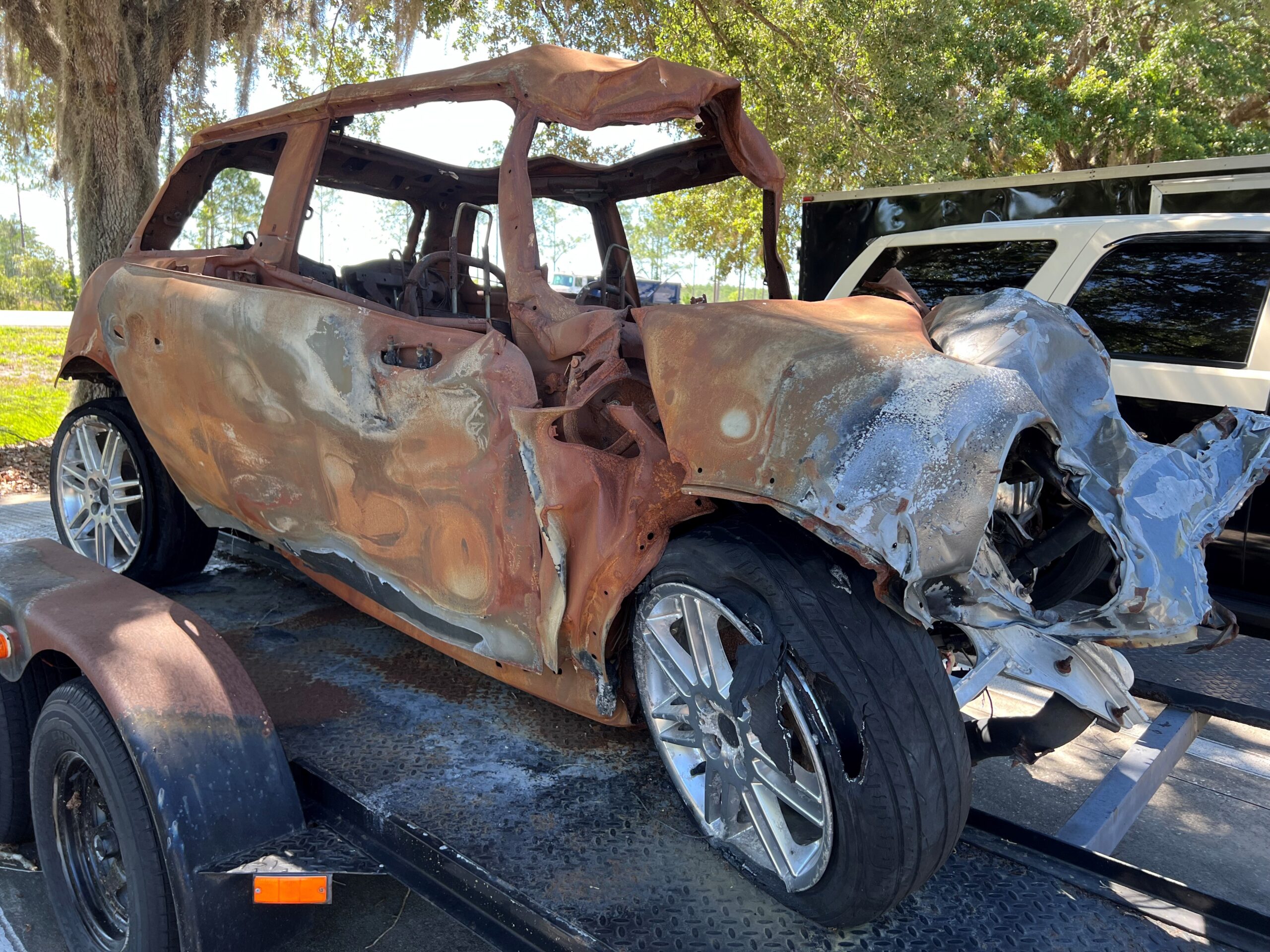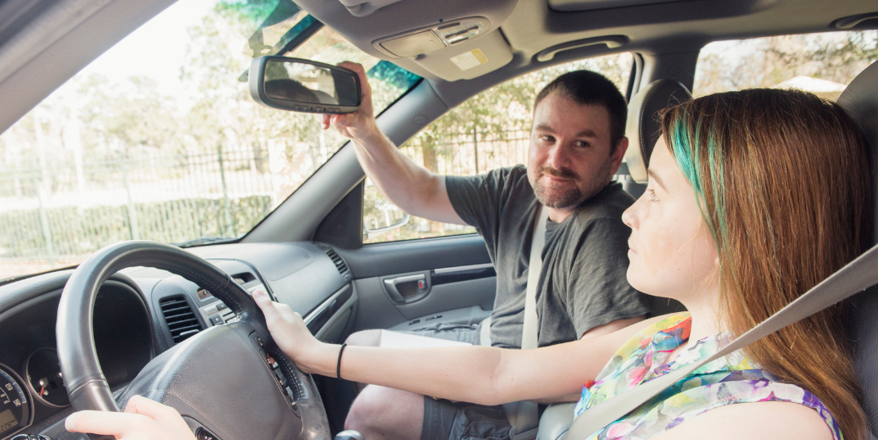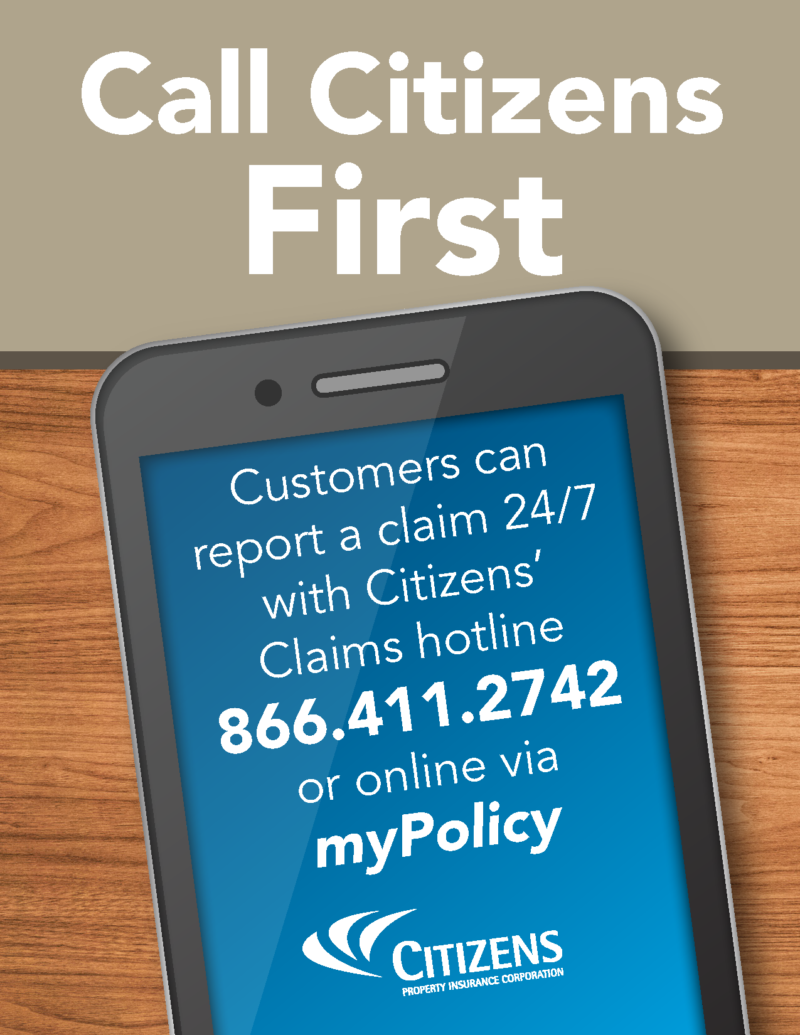
100 Deadliest Days Begin
AAA: The 100 Deadliest Days for Teen Drivers Have Begun
On average, seven people are killed every day in teen driver crashes during the summer
FHP says a 17-year-old was driving this MINI Cooper when it collided with a Ford F-250 pickup truck. Miraculously, both drivers survived, but that is not always the case during the “100 Deadliest Days of Summer.”
TAMPA, FL — Memorial Day marks the unofficial start of summer and a period known as the “100 Deadliest Days for Teen Drivers,” which runs through Labor Day weekend. This is a time when there is an increase in the number of fatal crashes involving teen drivers.
“The risk gets higher during the summer for teen drivers and everyone else they share the road with,” said Mark Jenkins, spokesman for AAA – The Auto Club Group. “Now that school is out, these young, inexperienced drivers will spend more time on the road with their friends.”
According to NHTSA, nearly half of teen driver-related deaths occur during the 100 Deadliest Days. A total of nearly 6,700 people were killed during this period, from 2013-2022. In 2022 alone, 707 people were killed in these types of crashes – a 10% increase over pre-pandemic 2019.
Last year in Florida, teenagers were involved in nearly 20,000 crashes during the 100 Deadliest Days (FLHSMV). Sixty-eight of these crashes were fatal, resulting in 83 deaths.
“The important thing to realize is the people killed in these crashes are not always the teen driver, but it can be their passengers or anyone else they encounter on the road,” Jenkins continued. “AAA shares this information to remind all drivers to stay alert while behind the wheel this summer. We also encourage parents to have a serious discussion with their teen about the importance of being a safe driver.”
Common Risk Factors for Teen Drivers
Traffic crashes are the leading cause of death for teens ages 16-19. For every mile driven, new teen drivers (ages 16 – 17) are three times more likely to be involved in a deadly crash compared to adults.
- Distracted driving. Distraction plays a role in nearly six out of ten teen crashes. Electronics like cell phones and in-vehicle infotainment systems are considered the second-biggest distraction to teen drivers. The biggest distractions are teen passengers.
- Driving with teen passengers. Research shows that the risk of a fatal crash increases in direct relation to the number of teenagers in a car (NHTSA). Having other passengers in the car can contribute to peer pressure and the impulse to engage in dangerous habits like speeding and aggressive driving.
- Speeding. Speeding is a factor in nearly 30 percent of fatal crashes involving teen drivers.
- Not wearing a safety belt. Teens who buckle up significantly reduce their risk of dying or being seriously injured in a crash.
AAA’s Advice for Parents
“The single most important thing parents can do to help their teens become safe drivers is to be involved in their ‘learning to drive’ process,” said Rachel Wilson, Director of Driver Education Programs, AAA – The Auto Club Group. “Spend time coaching your teen while they’re behind the wheel and have a serious discussion about safety. While parents can be great teachers, it also helps to seek out professional training courses, like those provided by AAA.”
- Lead by example. Minimize risky behavior when you drive. Don’t drive aggressively, avoid distractions, and always wear your seatbelt. Your driving skills and judgement behind the wheel shape your child’s view of safe driving habits, even before they’re old enough to drive. Make safe driving a priority in your own life.
- Conduct at least 50 hours of supervised practice driving. Let your teen drive in a variety of conditions including inclement weather, busy interstates, and at night. This will help them become a more confident driver in imperfect situations.
- Teach defensive driving skills. Help your teen anticipate potential risks by constantly scanning the road for hazards. Then share advice for how to safely avoid them.
- Establish a parent-teen driving agreement which sets family rules like when the teen can drive, where they can go and with who. Then clearly outline the consequences for breaking the rules and rewards for driving safe.
AAA offers an Online Driving Course
AAA’s How to Drive Online provides a solid foundation of the knowledge and skills necessary to reduce a teen’s risk behind the wheel. This supplemental program is an online, 25-hour course that features:
- Convenient, self-paced delivery.
- Research-based curriculum.
- Videos, simulations, and interactive exercises to enhance content retention.
- Optional virtual parent session to help educate parents on the learning to drive process.
Behind the Wheel Driving Courses
The AAA Approved Driving School Network helps identify the best driver training resources in your local community. These schools have passed AAA’s stringent standards and offer quality curriculum as well as the best value for students.
To learn more, visit AAA.com/Drive contact DriverTraining2@acg.aaa.com or call (888) 222-7108.
About AAA – The Auto Club Group
The Auto Club Group (ACG) is the second largest AAA club in North America with more than 13 million members across 14 U.S. states and two U.S. territories. ACG and its affiliates provide members with roadside assistance, insurance products, banking and financial services, travel offerings and more. ACG belongs to the national AAA federation with more than 64 million members in the United States and Canada. AAA’s mission is to protect and advance freedom of mobility and improve traffic safety. For more information, get the AAA Mobile app, visit AAA.com, and follow on Facebook, Twitter and LinkedIn.
Angela Small
Radio Production Assistant


















